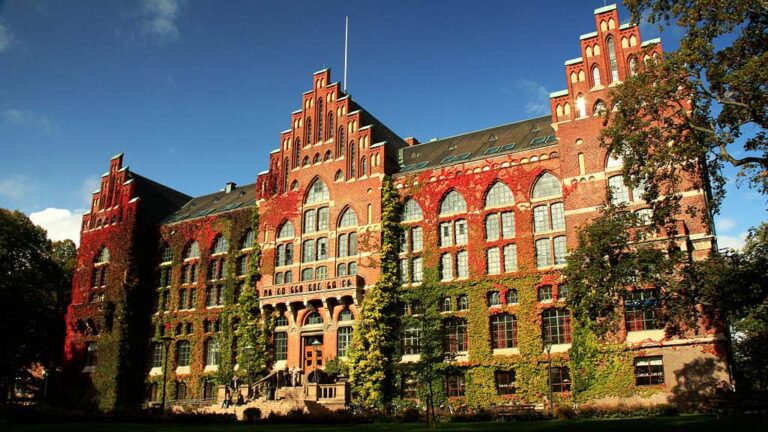
Lund university library. Foto: Olena Siergieieva (CC BY-SA 3.0)
Av: FUF Lund
Universities are step boards for many young people and could be an important player in the fight against climate change. Scientists and students have created petitions to get the universities to reduce their emissions and lead the change to a sustainable society. In this first Podcast from FUF Lund we meet the students behind Klimatstudenterna in […]
Läs mer »
26 februari, 2019, English, FUF-podden, Magazine
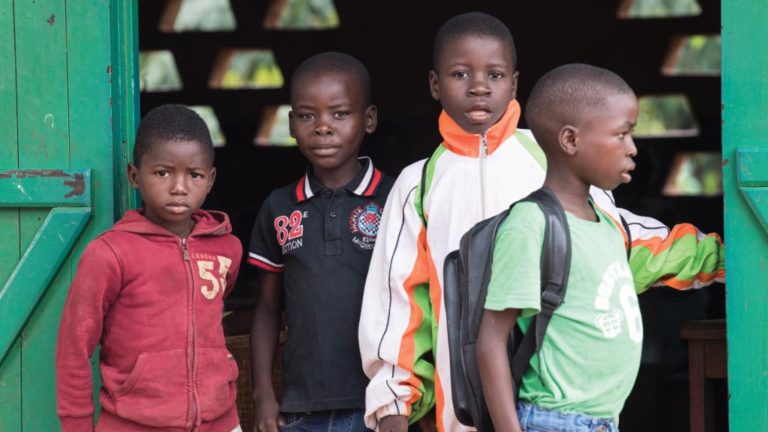
Schoolboys attend sensitization classes on sexual education at a school in Bangui, Central African Republic. The classes are meant to prevent gender-based violence. Photo: UN/Flickr.
Av: Siobhán Coskeran och Yvonne Jila
The fight against gender-based violence has often been cast as a women’s issue. However, successful programmes in Africa show the importance of engaging men and boys in the discussion.
10 december, 2018, English, Long read, Magazine
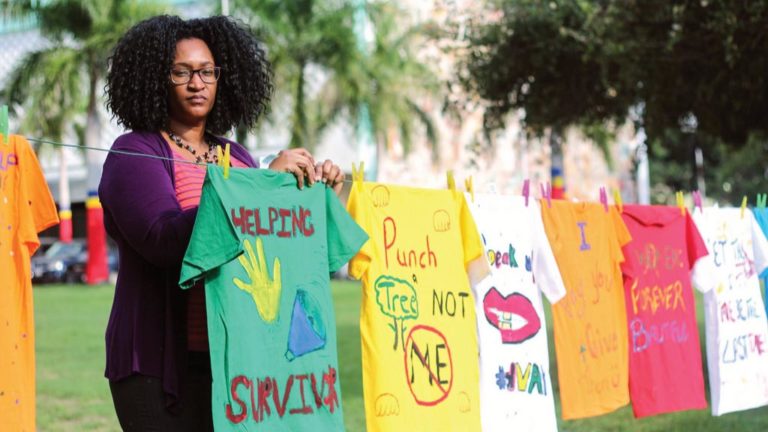
Gender inequalities affect all branches of all societies and must be taken into account for development to work. Photo: UN Women/Flickr.
Av: Fredrik Björksten
It was not very surprising when the video of Janusz Korwin-Mikke, a Polish member of the European Parliament, went viral in early 2017. On the floor of the EU parliament, the Polish right-wing extremist stood up and proclaimed that; “women must earn less than men because they are weaker, smaller and less intelligent!”. Responding to […]
Läs mer »
10 december, 2018, Editorial, English, Magazine
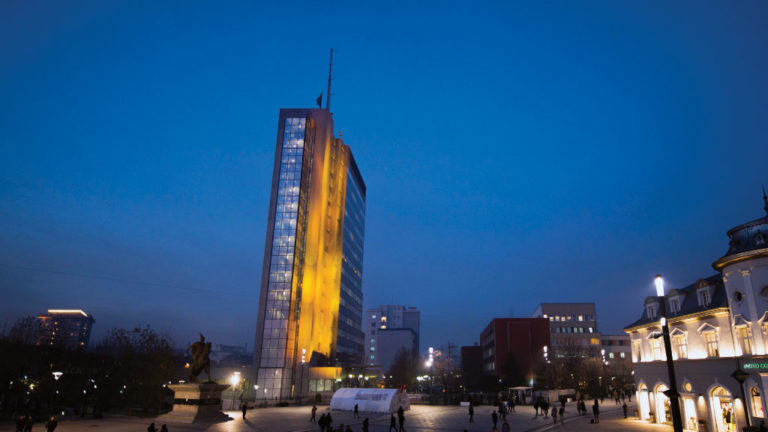
On November 30th, the government building in Pristina, Kosovo, was lit in orange to commemorate the “16 Days of Activism” against Gender Based Violence. Photo: United Nations Kosovo Team/Arben Llapashtica.
Av: Visare Gorani Gashi
– An outlook from Kosovo ”Freedom from fear is a summary of the whole philosophy and human rights.” Dag Hammarskjöld, Swedish diplomat and former UN Secretary General Gender-based violence is a shameful reality in many societies around the world and is unfortunately also present in Kosovo. This phenomenon is deeply rooted in gender inequalities that […]
Läs mer »
10 december, 2018, Chronicle, English, Magazine
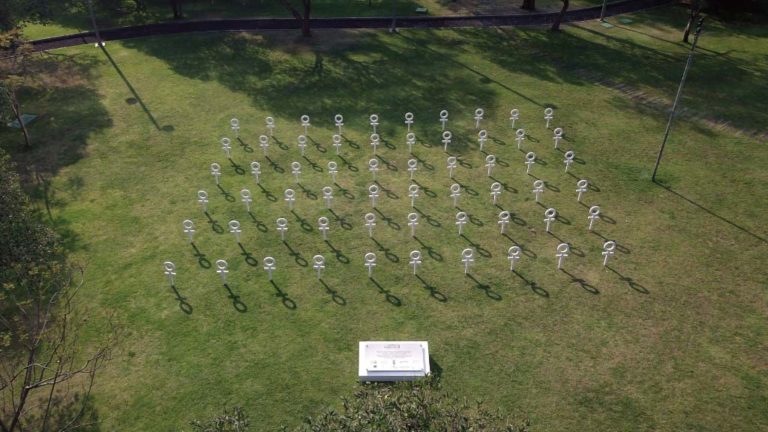
50 000 women were killed last year in the global war on women. Photo: JWT/UN Women.
Av: Fredrika Sweno
Women killed by intimate partners or family members account for 58 per cent of all female homicide victims reported globally last year. We need to recognize that a lot of homicides should be regarded as casualties in the war against women.
10 december, 2018, English, Magazine, Opinion
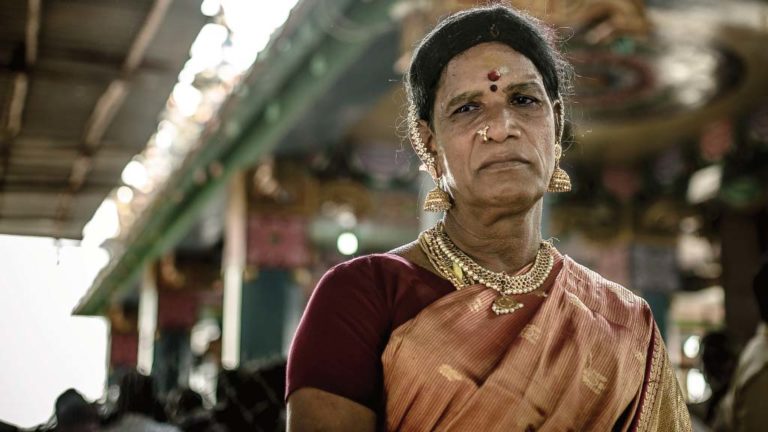
A hijra (term for individuals in South Asia who feel neither male or female) at the annual Transgender Festival in Koovagam, India, in 2017. Photo: Lingeswaran Marimuthukumar, Flickr.
Av: Hanna Geschewski och Lauren Tropeano
What happens if you don’t behave like your gender ‘should’? Examples from Native American, Indian and Iranian cultures highlight that gender is diverse, but that the acknowledgement of gender variance doesn’t necessarily make us inclusive.
10 december, 2018, Article, English, Magazine
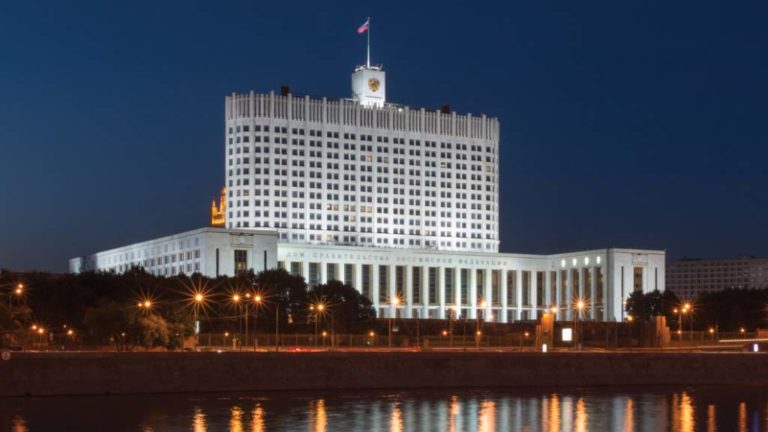
The White House in Moscow that serves as the seat of the Russian parliament. Photo: Kirill Vinokurov, Flickr.
Av: Lisa Elamson och Maria Ricksten
The Istanbul Convention is a legal framework that seeks to prevent and combat violence against women. In Russia, where it is estimated that 14,000 women die every year as a result of domestic violence, the signing and ratification of the Convention is an urgent matter. But instead, last year Russia chose to decriminalise some forms of domestic violence.
10 december, 2018, Article, English, Magazine
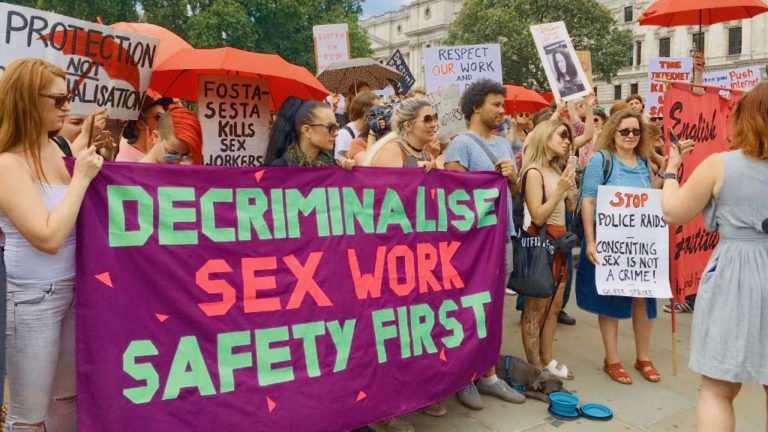
Demonstrations for the full decriminalization of sex work. Photo: WeArePlanC, 2018.
Av: Kathrin Hegger och Tessa Stockburger
Laws that prohibit the sex industry perpetuate gender-based violence. That is the opinion of Chantell Martin and Cameron Cox from the Sex Workers Outreach Project, SWOP, Australia.
10 december, 2018, Article, English, Magazine
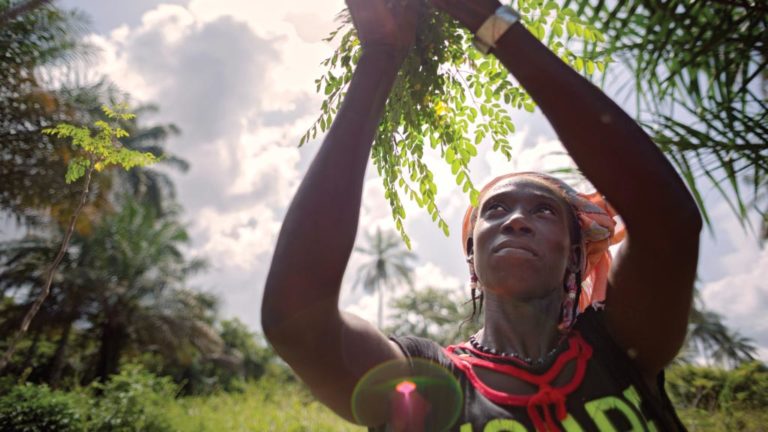
The civil society organization Partenariat Recherches Environnement Médias (PREM) is providing rural women with new opportunities to generate income and improve community life in the Katfoura village, Guinea. Photo: Joe Saade / UN Women, Flickr.
Av: Carolina Yang
Gender-based violence (GBV) refers to the denial of resources aside from the physical or emotional abuse, according to the UN. Women in agriculture face GBV with regards to both disproportionate workload and limited access to land and resources compared to their male counterparts. It is therefore essential to recognize the contribution of female farmers, and to end the unequal access to resources.
10 december, 2018, Article, English, Magazine
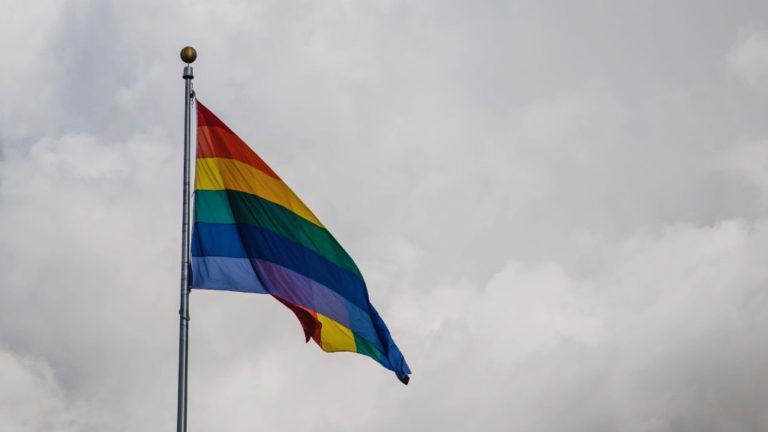
Recent developments in Indonesia are signalling a worrying trend concerning LGBTQ+ rights in the country. Photo: Tony Webster, Flickr.
Av: Alexandra Håkansson
Individuals identifying with or belonging to the LGBTQ+ community are under attack in Indonesia. Since 2015, the violence towards the LGBTQ+ community has been on the rise. The violence has in many cases been sanctioned by the Indonesian state, who are further fueling hostile attitudes towards the community.
10 december, 2018, Article, English, Magazine










